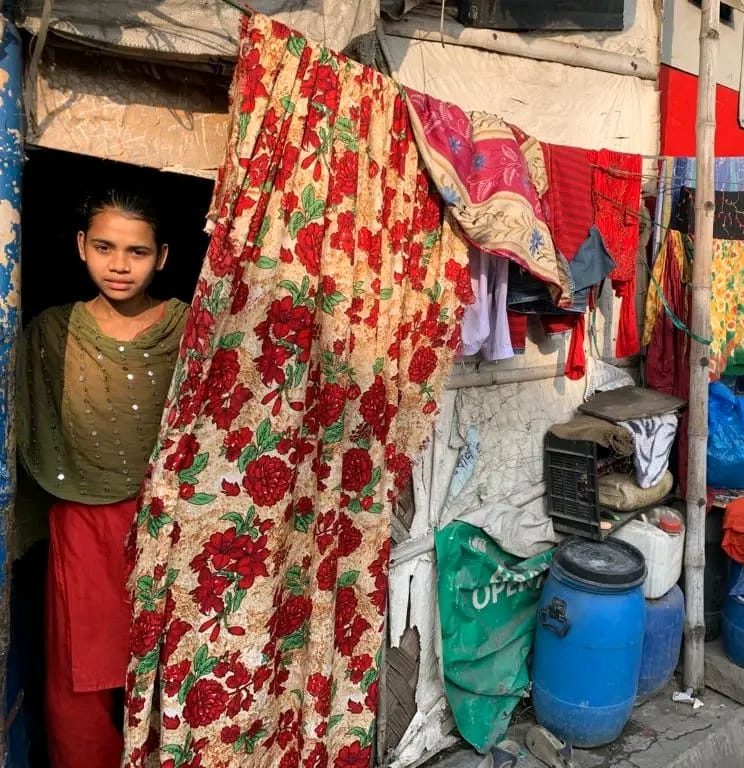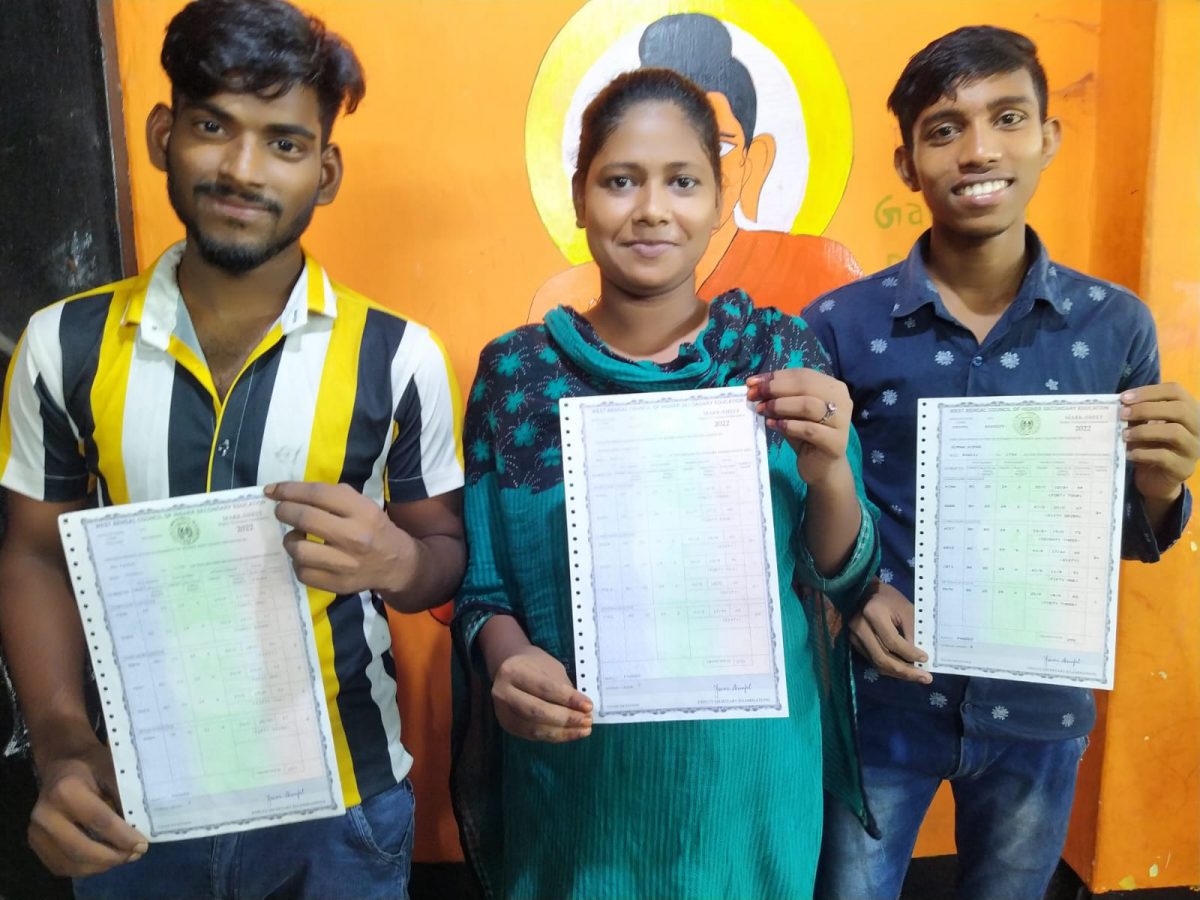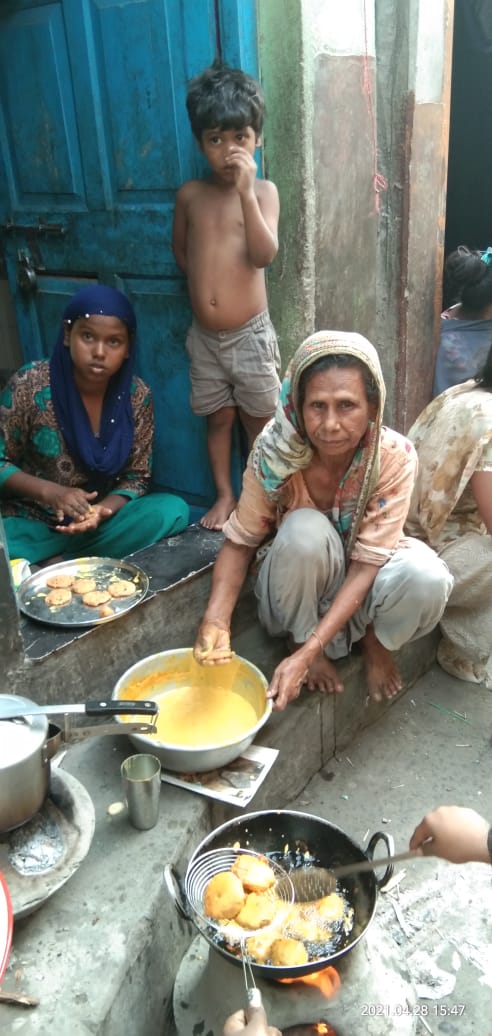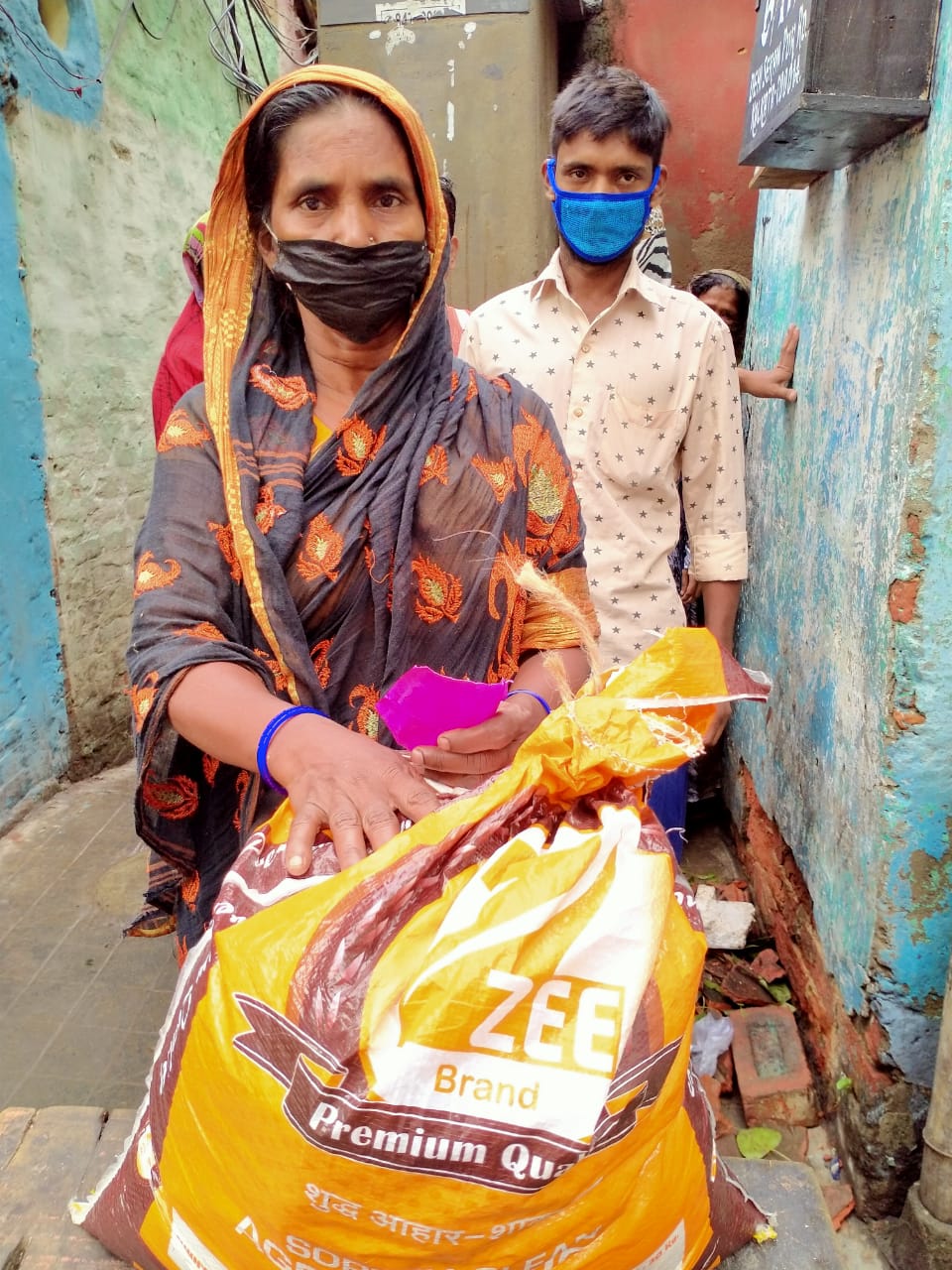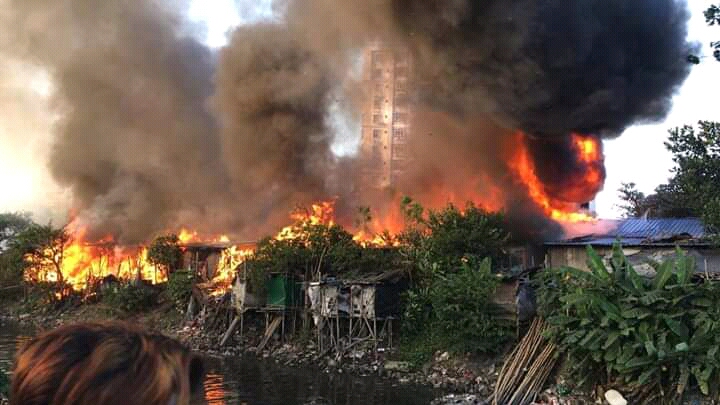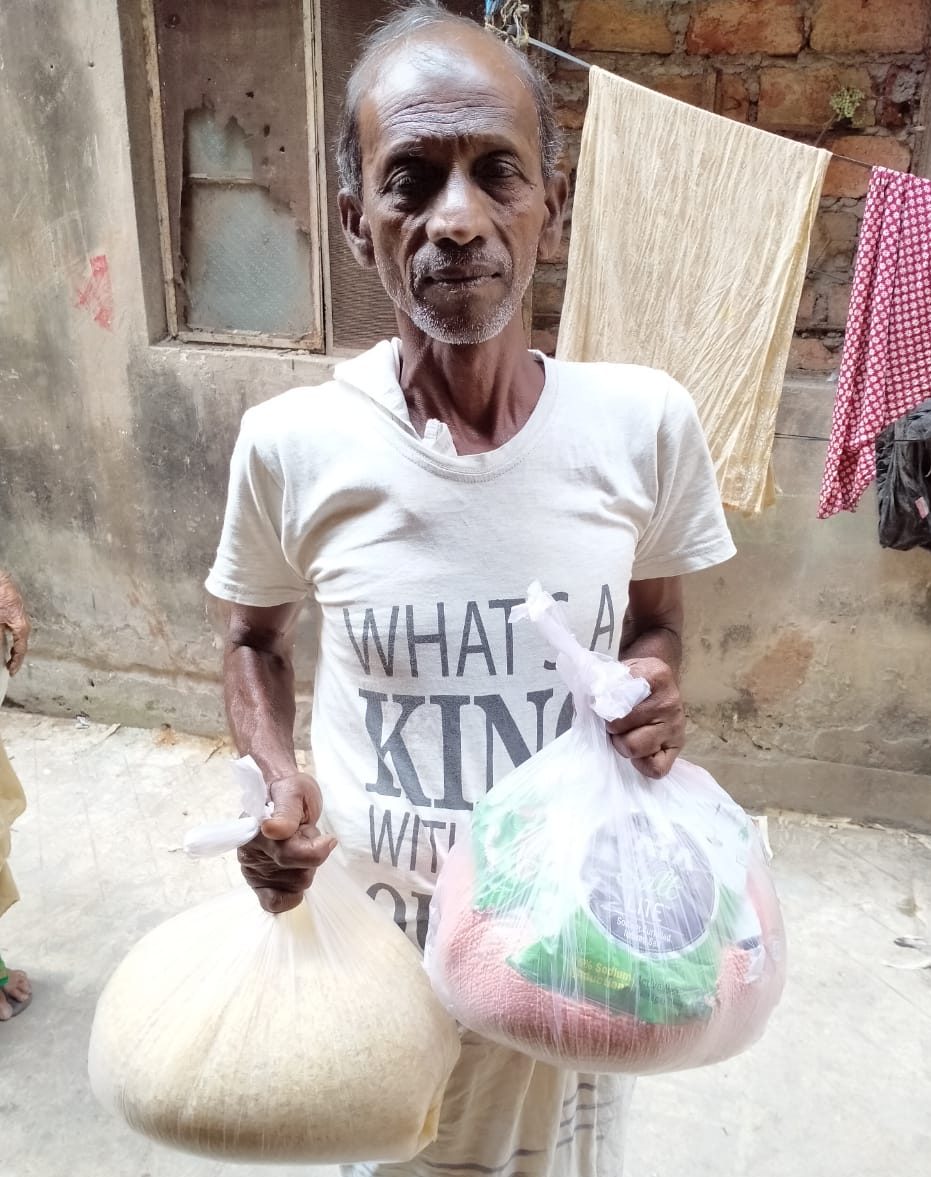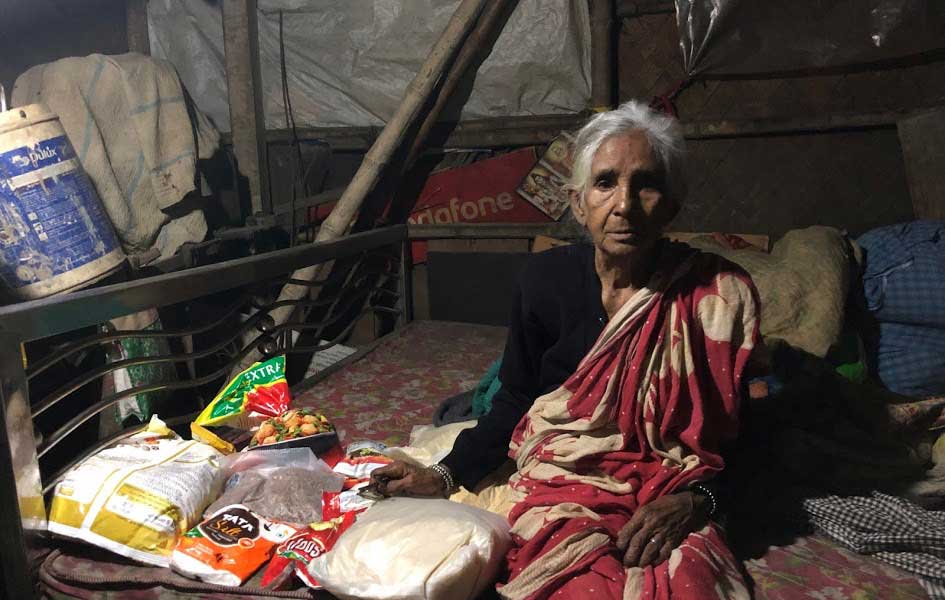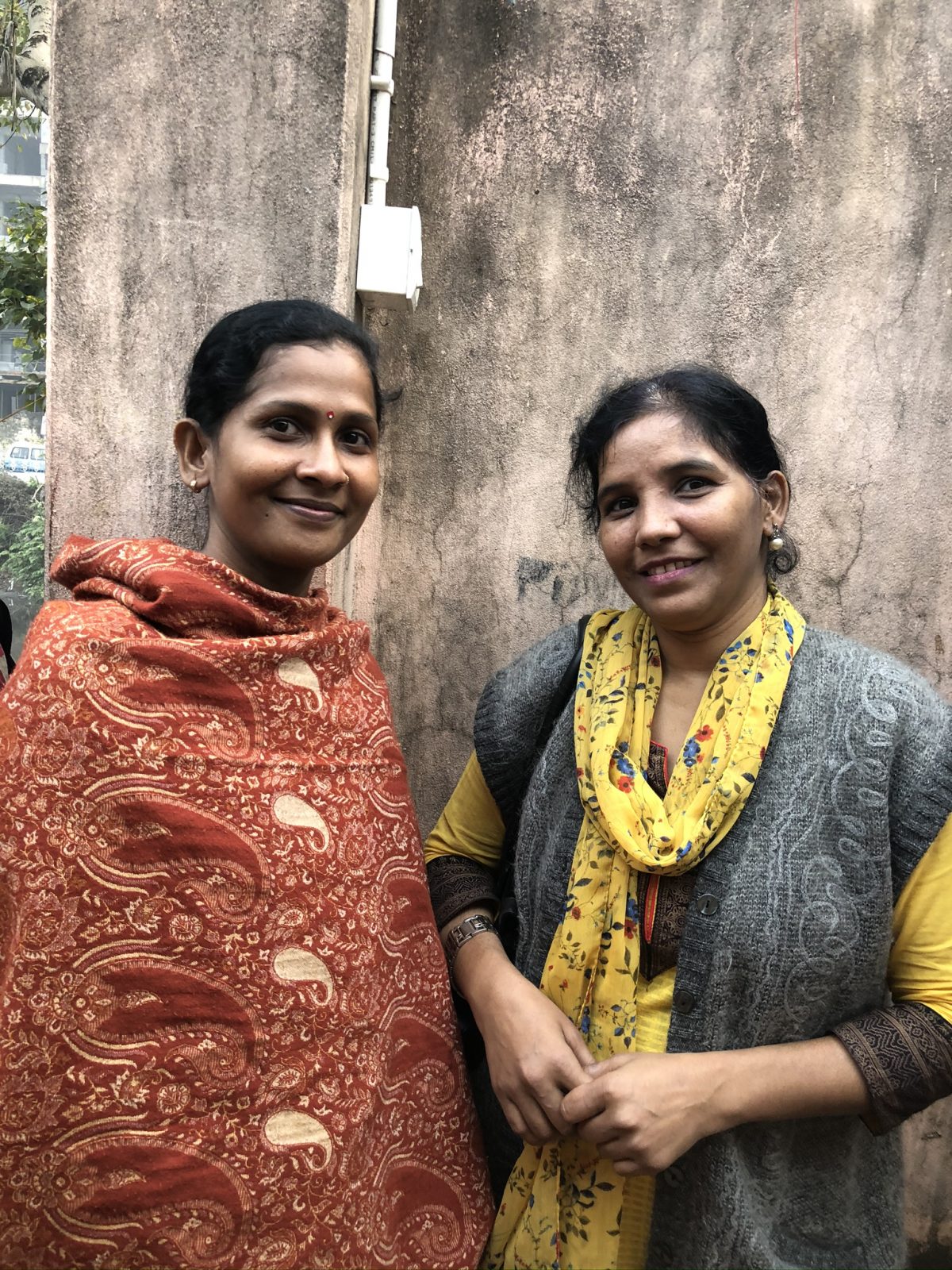Category: Emergency Relief
-
Sakina needs help
Posted on
by
Sakina’s future hangs in the balance. I first met her in Kolkata in May 2022. Tiljala SHED staff brought her to my attention at a meeting of all the evening class students at the Mir Meher Ali Lane centre in Tangra. What […]
-
-
India’s latest surge – News from Kolkata
Posted on
by
We have all watched India’s second COVID wave crash across the continent, exposing the terrible chasm between rich and poor, the deficiencies of the health system there and the wonderful power of human beings to reach out and help one another when […]
-
Thank you for all your support through 2020
Posted on
by
It has been an especially difficult year for India’s most vulnerable communities. But with the support of our wonderful donors and with Tiljala SHED’s hard work, we have been able to provide huge amounts of food relief, educational support and disaster relief. […]
-
Disaster has Struck. Again
Posted on
by
I don’t really know how to report this. Disaster has struck. Again. I have, for better or worse, tied myself to the fate of a handful of destitute communities in central Kolkata. For five years I have been raising funds to […]
-
We need a new vehicle
Posted on
by
DONATE NOW Tiljala SHED’s faithful workhorse – a grey Maruti Suzuki Eeco – is almost beyond use. We desperately need to find a replacement. Bought in 2008 this 7 seater van has been essential to all of Tiljala SHED’s activities. But right […]
-
Distributing Emergency Rations During COVID19
Posted on
by
It is Ramadan, the temperature is in the 30s and this little team has distributed emergency food parcels to 1650 families (almost 10,000 people) over the last month. The transportation, storage, packaging, and distribution were all handled by this small group under […]
-
Delivering Food Parcels in Topsia
Posted on
by
On a mission to deliver emergency food rations to one very needy family and two very vulnerable elderly women.This was a difficult day. First we went to Maya’s home – a shelter down a dark alley between the busy road and the […]
-
Rehana: from success to despair to renewed hope
Posted on
by
Back in Kolkata at last!Yesterday I went to visit some of our beneficiaries – redoubtable women from the Topsia Squatter camp who are making a success out of lives lived perched over a sewage canal. Rehana at home in her better days. […]
-
My Experience of Kolkata’s Rag Picker Communities and Tiljala SHED’s Amazing Work there
Posted on
by
I visit Kolkata and Tiljala SHED two or three times a year. I love to catch up with old friends and spend time exploring my favourite city. But most of all I love to be part of the great work Tiljala SHED is doing […]
